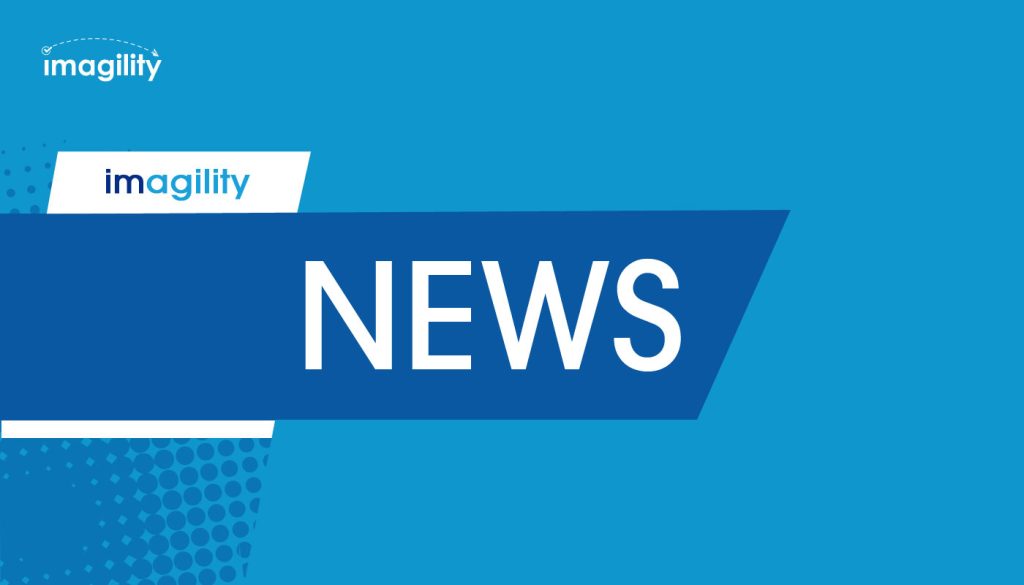USCIS Proposes Comprehensive Overhaul to Enhance H-1B Program Efficiency and Integrity
WASHINGTON – The Department of Homeland Security (DHS), in collaboration with U.S. Citizenship and Immigration Services (USCIS), has introduced a Notice of Proposed Rulemaking (NPRM) aimed at modernizing the H-1B specialty occupation worker program. The proposed changes seek to simplify eligibility criteria, boost program efficiency, offer enhanced benefits and flexibilities to employers and workers, and fortify integrity measures.
The H-1B program, crucial for U.S. employers in meeting business demands and global competitiveness, ensures adherence to all U.S. worker protections under the law.
Secretary of Homeland Security Alejandro N. Mayorkas emphasized, “DHS is committed to developing regulations that enhance efficiency and streamline processes for employers and workers within the immigration system. The Biden-Harris Administration prioritizes attracting global talent, easing burdens on employers, and preventing fraud and abuse in the immigration system.”
The proposed rule introduces alterations to the H-1B registration selection process, aiming to minimize the risk of misuse and fraud. Unlike the current process, where more registrations increase the chance of selection in a lottery, the new proposal ensures each individual has a single entry, irrespective of the number of registrations submitted on their behalf. This change is designed to promote fair selection and provide beneficiaries with increased job offer choices.
Key provisions of the proposed rule include:
Streamlining Eligibility Requirements: Criteria for specialty occupation positions would be revised for clarity, allowing a range of degrees with a direct relationship between the required degree field(s) and position duties.
Improving Program Efficiency: The proposed rule codifies adjudicators should generally defer to a prior determination when no underlying facts have changed during a new filing.
Providing Greater Benefits and Flexibilities: Certain exemptions to the H-1B cap would be expanded for specific nonprofit entities, governmental research organizations, and beneficiaries not directly employed by a qualifying organization. Additional flexibilities for F-1 visa students seeking a change to H-1B status are also proposed. New eligibility requirements for rising entrepreneurs would be established.
Strengthening Integrity Measures: The selection process changes are complemented by measures to reduce misuse and fraud, such as prohibiting related entities from submitting multiple registrations for the same beneficiary. The rule also empowers USCIS to conduct site visits, with non-compliance potentially leading to denial or revocation of petitions.
The NPRM invites public input during the 60-day comment period following its publication in the Federal Register.
Source: DHS



















